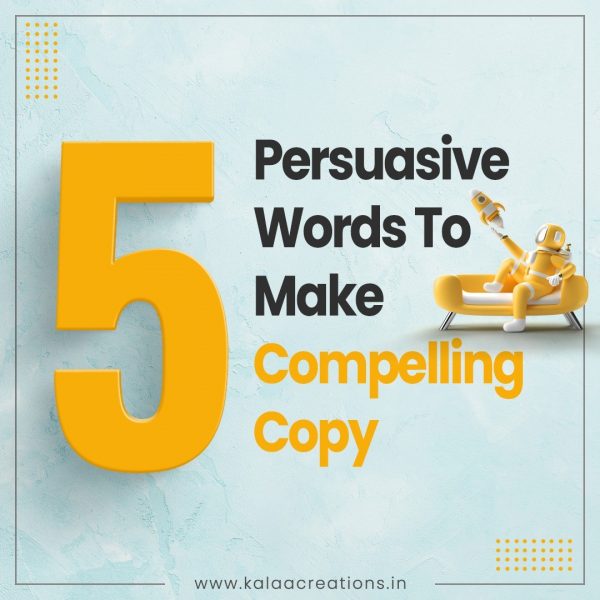Have you ever wondered why you buy some things while leaving others on the shelf? How can we choose amongst all of the possibilities available to us every day, especially when we have little to no first-hand experience with the things we’re considering?
What makes you decide to try a new restaurant, try a new toothpaste, or move to a new software program? The type of words used to advertise the product or service is a big part of the solution.
Perhaps you’re not aware, but words play a significant function in assisting our brains in deciding which things to purchase. There are numerous variables, but one thing has consistently been proven: some words sell better.
The five most convincing words to use in your copy:
Free:
Everyone enjoys getting something for nothing. People are so enamored by free goods that they will make different decisions even if the item or service’s worth remains the same. People, plain and straightforward, adore being given something for nothing. You can give out almost anything for free, no matter how insignificant, and people will notice. Then they passed another group the option of receiving a free Hershey Kiss. Sixty-nine percent of people desired the Hershey Kiss this time. Why? Because everyone enjoys receiving gifts.
Easy:
As tragic as it is, Mayberry no longer exists, at least in most areas of the world. Life is complicated, and we could be a little sluggish at times. As a result, we are pulled to it if we hear something is straightforward to execute. It assisted in the conduct of surveys in which customers were asked what their top purchase factors were when purchasing software, and “ease of use” was one of the top three answers. If you’re not sure, don’t use the complex muscles. Features are great, but not when they come at the expense of simplicity.
Guarantee:
Just a quick question, Would you prefer to gain $5 or avoid losing $5? Consider that for a moment. If you’re like most individuals, you went with the second option. Why? Because we’re afraid of losing. Or, to put it another way, we would rather avoid losses than obtain the same amount of money. This is a phenomenon that we’ve all witnessed. You’d like to buy a product or service, but you’re unsure if it’s right for you. What if it doesn’t work out, and you waste your hard-earned cash?
Marketers promise to help customers overcome their fears. Why? Because guarantees imply that the deal is trustworthy. As a result, prospects feel more at ease and are more likely to leave with their money.
Limited:
It could be something as basic as bobbleheads at a local minor league baseball game; if they say the first 100 people get one free, those bobbleheads become more tempting. What are you going to do with a bobblehead, after all? What does it matter? It’s a fantastic offer, and you have to act before it’s too late, so you’re in.
Best:
Which of the two sounds better? “The Best Way to Change a Flat Tire” or “How to Change a Flat Tire.” It’s truly a no-brainer. Consider how many times you’ve Googled something just to become frustrated in the process, prompting you to go back and add the term “best” to the front of your search. Maybe it’s just me, but I don’t think I’m the only one who feels this way. It’s as if “best” is a holy word only given to the genuinely great; thus, everything classified as the best may be trusted. We all know that isn’t true, but calling something the best suggests that there was a comparison made at some point, and this one won.
Conclusion:
It’s now your time to try out some persuasive copywriting words. You are the only one who truly understands your target audience. So, what kind of persuasion language does your audience respond to? Continue to learn more about how to connect with more people who are a good fit for your products or services by delving deeper and experimenting.


